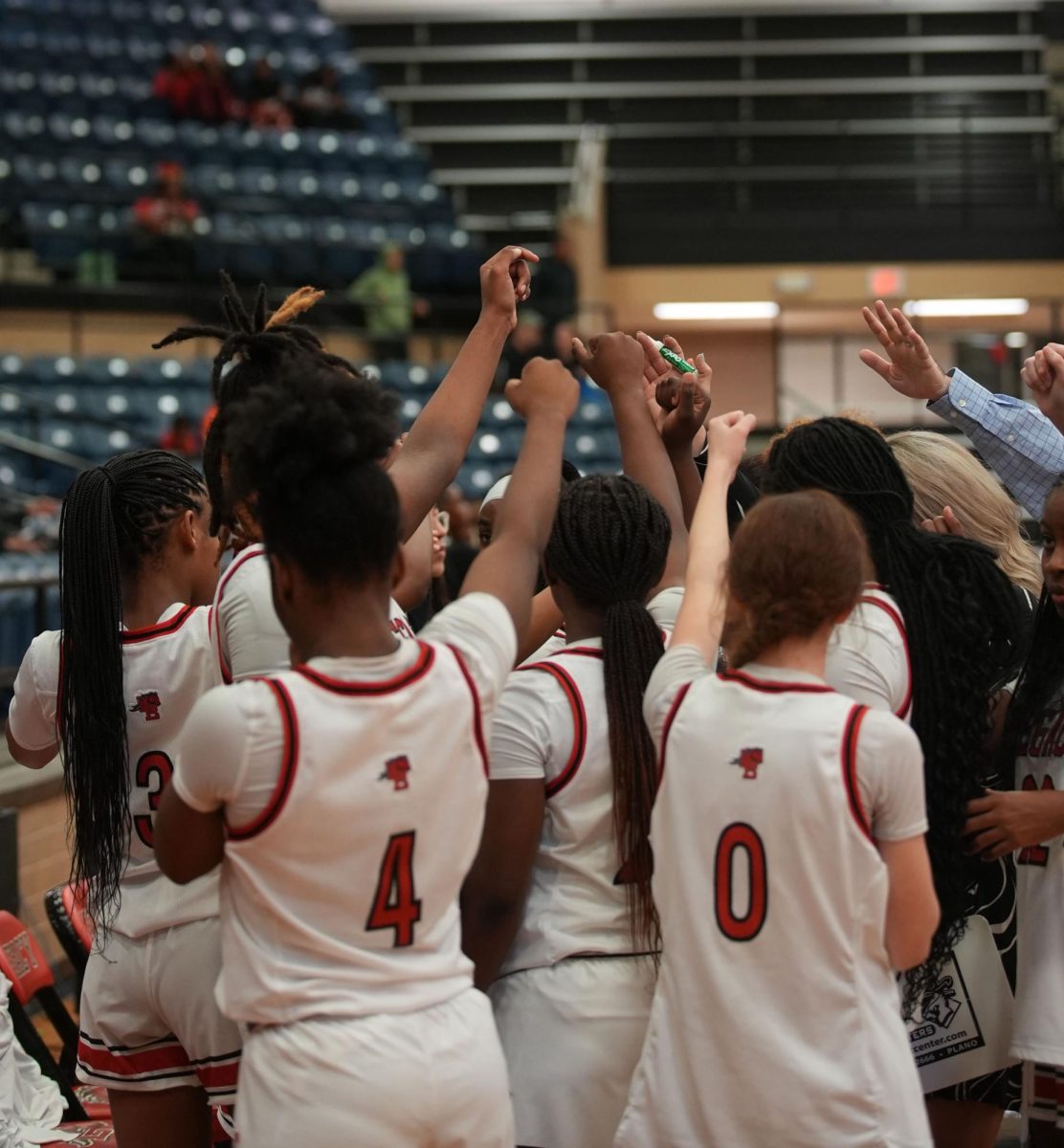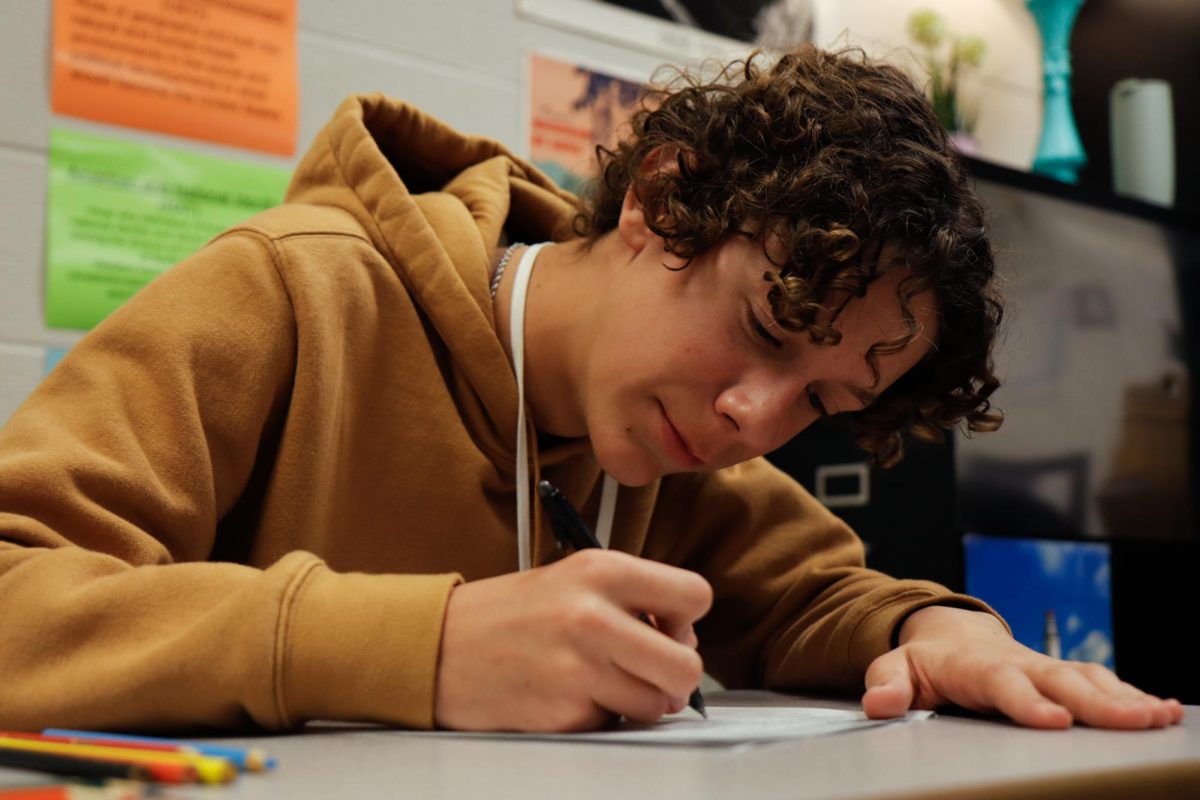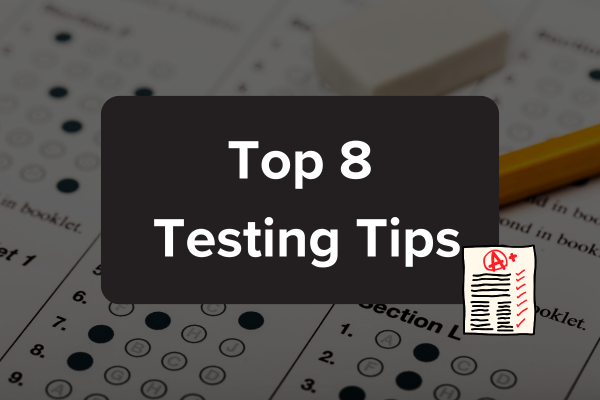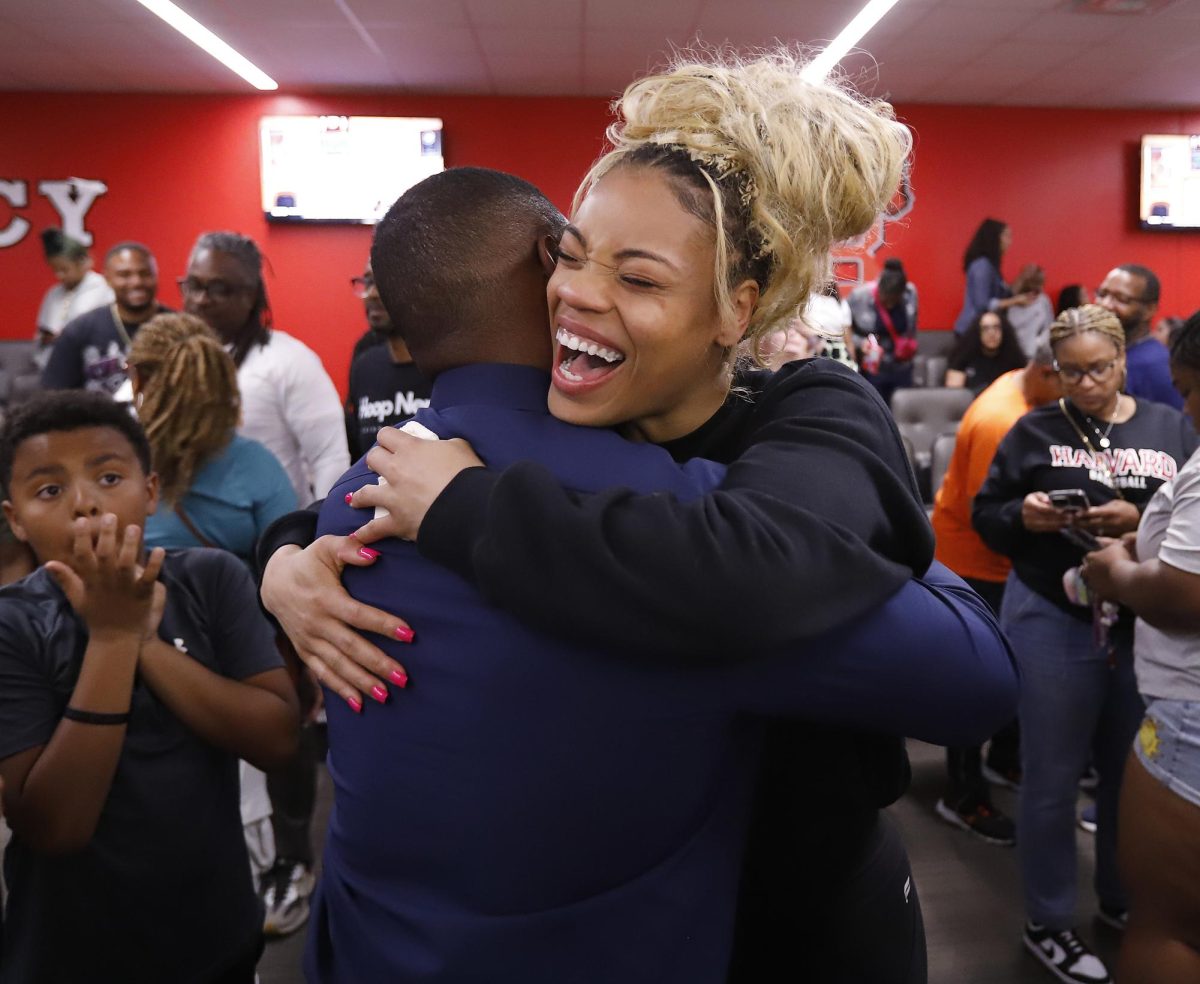With many worried about the economy, more students begin to learn how to manage their money, but not many know of personal finance. Not knowing enough about how to manage money can easily send students to poor choices, later leading to debt and financial instability. Senior Melissa Tansey feels she doesn’t rely very much on her parents for money or to make her financial decisions, and feels ready for the financial independence she’ll face upon graduation.
“I know I’ll have to pay for a lot of things, but when I’m old enough I’ll be ready,” Tansey said. “I know what I want from what I need. I think I’ll be just fine.”
According to the Jump$tart Coalition for Personal Financial Literacy, high school seniors’ financial literacy, or their understanding of money and finances, dropped from 2006 to 2010. Survey participants answered 48 percent of finance-related questions correctly. But if high school students wish to be successful, they’ll need a more apparent grasp of money. Sophomore Meredith Cherry, who hasn’t begun preparing financially and has only just started high school, worries she needs to know more about money.
“I don’t know a lot about money,” Cherry said. “I want to know enough to make sure I have enough to provide for myself and my family some day. It would be great to know more.”
Having money can get students things they want, but most students rely almost completely on their parents, leaving many students unprepared for the financial independence they will face as an adult, or even as a college student. To help their children manage money, parents can begin allowing their children to have more financial freedom in several ways: By opening a checking account and giving their child a debit card moderated by the parent; opening a savings account and depositing money regularly to help with future expenses like buying a car or paying for college; and helping their child begin investing in stocks, bonds, and funds. Gradually, parents can help their children learn enough of the basics of money to prepare them for independence.
“Parents need to teach [their kids] money doesn’t grow on trees and to stop paying for everything for them and let them take responsibility themselves,” Tansey said. “I think that will fix the problem.”
Before anything else, students seeking to manage their money and prepare themselves for the future have to budget their money and expenses. Professionals say students should write down any amount of money received or given, no matter how small. In doing so, they can know exactly how much they make each month, how much they spend each month and what they spend it on. From there they can trim their expenses by no longer fulfilling unnecessary desires. Perhaps more importantly students can determine how much money they can afford to save or invest with.
“[Budgeting your money is] very important because you need to have a balance of money for things you want and things you can’t survive without,” Tansey said.
In 2008 the Jump$tart Coalition found more than one third of high school seniors reported having credit cards, and more half had debit cards. Credit cards can help mature students build credit necessary for financing future expenses, such as a house, car or loan. However, they can also lead to mass debt.
Nellie Mae, a student loan lender, found college freshmen had an average of $1,585 in credit card debt, which can take years to pay off. When searching for a credit card, students and parents should look for one with a maximum balance to suit the student’s needs and as low an APR rate as they can find. However, students may want to consider using debit cards, which make for a more secure option, as they allow individuals to only withdraw what they have in their account. Either way students should keep track of what they have in their account and not spend money they don’t have.
AP Calculus teacher Stephan Shardy cosigned on credit cards for his daughters to help them learn the basics of credit.
“The point was they were going to be responsible for their money, so they learned how to manage their money and manage their credit, and that built into a magnificent thing,” Dr. Shardy said. “They made some mistakes, but I got them started and that was important.”
According to the National High School Center, having a steady source of income and spending money wisely leads to good habits, which can pay off later in life.
“If they learn proper money management now, it will bless them in the future,” Shardy said. “They’ll feel better about themselves. They’ll be able to have their needs met, and they’ll be content. But I’ve never known a happy person living in debt. No one sleeps well knowing they can’t pay their bills.”























Kale • Oct 18, 2012 at 9:38 am
I like reading on how different students save and spend their own money it makes you want to start saving too